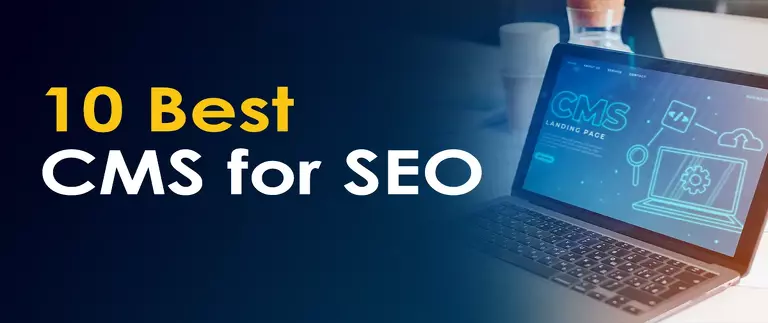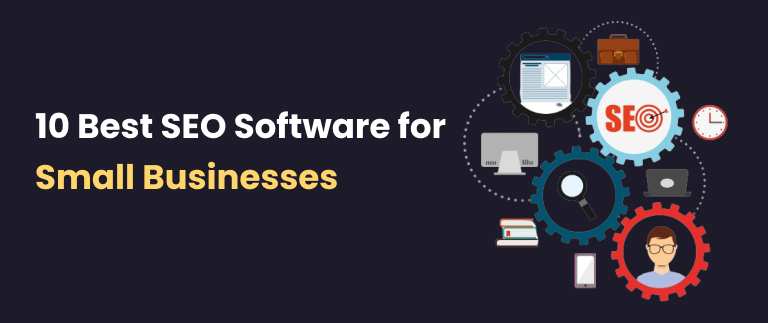What is Parasite SEO? An Ultimate Guide for 2024
Parasite SEO Table of Contents Table of Contents What is Parasite SEO? Parasite SEO Meaning Types of Parasite SEO Effectiveness of Parasite SEO: A Balanced Perspective Ideal Scenarios for Using Parasite SEO The Costs of Parasite SEO: A Realistic Assessment Developing a Parasite SEO Strategy: A Step-by-Step Guide Parasite SEO in Action: Examples for Inspiration Conclusion What is Parasite SEO? Parasite SEO is a digital marketing strategy that leverages the authority of established websites to improve the visibility and ranking of content on search engines. This method involves placing content or links on high-authority third-party platforms to benefit from their established reputation. By utilizing these reputable sites, one can achieve quicker rankings and drive traffic without having to build domain authority from scratch. Parasite SEO Meaning The term “parasite” in Parasite SEO refers to the practice of utilizing another entity’s resources (in this case, a website’s authority) to achieve one’s own goals. Imagine a scenario where you leverage the established authority of a well-respected website to boost your own ranking. That’s the core principle behind parasite SEO. It’s a strategic approach where you “borrow” the SEO power of high-authority websites to gain visibility for your target keywords. In simpler terms, parasite SEO involves creating and publishing high-quality content on established external platforms known for their strong domain authority. By strategically placing relevant content on these platforms, you essentially hitch a ride on their SEO power, potentially boosting your own website’s ranking in search engine results pages (SERPs). Types of Parasite SEO The beauty of parasite SEO lies in its versatility. Here’s a breakdown of the various platforms you can leverage for parasite SEO tactics: Blogs on Free Platforms: Medium, Blogger, and WordPress.com are excellent platforms for guest posting or creating high-value content relevant to your niche. Online Forums and Communities: Actively participate in industry-specific forums like Reddit, Quora, or niche-based communities. Provide valuable insights, answer questions, and subtly integrate links back to your website’s relevant content. Social Networking: Platforms like LinkedIn, Twitter, and Facebook can be leveraged for parasite SEO. Share informative and engaging content related to your target audience, including links to your website’s in-depth articles. Question and Answer Platforms: Platforms like Quora and Yahoo Answers offer a treasure trove of user queries. Respond to relevant questions with comprehensive answers, incorporating well-placed links back to your website’s content that elaborates on the topic. Review Sites and Testimonials: Showcase your expertise by leaving positive reviews on relevant industry directories or review platforms. Don’t forget to include a link back to your website for further information. Wikis and Online Encyclopedias: Contributing valuable content to established online encyclopedias like Wikipedia (while adhering to their strict guidelines) can enhance your brand awareness and potentially generate referral traffic. Publication of Multimedia Content: Platforms like YouTube, Vimeo, and SlideShare allow you to share informative video presentations or slide decks. Optimize these visual resources with relevant keywords and include links back to your website in the descriptions. Effectiveness of Parasite SEO: A Balanced Perspective Parasite SEO, when implemented strategically, can offer several advantages: Improved Ranking Potential: By leveraging the authority of established platforms, you can potentially improve your website’s ranking for competitive keywords. Increased Website Traffic: High-authority platforms typically attract a large audience. By placing your content there, you gain access to a wider pool of potential visitors. Enhanced Brand Awareness:Strategic parasite SEO can increase brand visibility, leading to greater recognition within your target market. Content Promotion and Backlinks: Effectively placed content with strategic links back to your website can act as a powerful form of content promotion and backlink generation. However, it’s crucial to approach parasite SEO with a cautious eye. Here are some potential risks to consider: Penalty Risk: Search engines may penalize websites that engage in manipulative SEO tactics. Always prioritize high-quality content and natural link building. Dependence on Other Sites: You rely on the authority of external platforms, leaving you vulnerable to changes in their ranking or policies. Timing: Seeing results from parasite SEO can take time. Patience and consistent effort are key. Quality Matters: Search engines prioritize high-quality content. Subpar content on external platforms won’t provide long-term benefits. Ideal Scenarios for Using Parasite SEO On-page SEO focuses on optimizing the elements within your website to improve search engine ranking and user experience. This includes: Off-Page SEO Parasite SEO can be particularly beneficial in certain situations: New Website or Web Page:Building authority for a new website or web page takes time. Parasite SEO can provide a temporary boost while you focus on building your own domain authority. Need for Quick Results: If you need to see results faster, parasite SEO can be a viable option, especially when combined with traditional SEO strategies. Limited Budget: Compared to some SEO tactics, parasite SEO can be a relatively cost-effective way to gain visibility. The Costs of Parasite SEO: A Realistic Assessment Content Resources: Creating high-quality content that resonates with specific platforms’ audiences requires time, effort, and potentially, financial investment in skilled writers. Tools and Software: Depending on your chosen parasite SEO tactics, you might need tools for keyword research, competitor analysis, or social media management. Content Promotion: Simply placing your content on external platforms isn’t enough. You may need to actively promote your content to ensure it reaches the right audience. Advertising Expenses (Optional):In some cases, paid advertising on social media platforms or forums can amplify the reach of your content, but this adds to the overall cost. Time and Effort: Researching platforms, crafting engaging content, strategically placing it, and monitoring its performance all take time and effort. Developing a Parasite SEO Strategy: A Step-by-Step Guide Now that you understand the potential benefits and drawbacks of parasite SEO, let’s delve into a step-by-step approach to crafting a successful strategy: 1. Platform Identification: Identify high-authority platforms relevant to your niche. Tools like Moz or Ahrefs can help with domain authority analysis. Research the platform’s content guidelines and submission process. 2. Keyword Research: Conduct thorough keyword research to identify relevant keywords for your target audience and
What is Parasite SEO? An Ultimate Guide for 2024 Read More »





